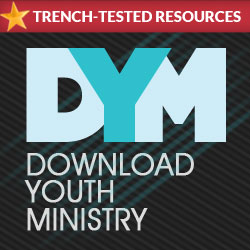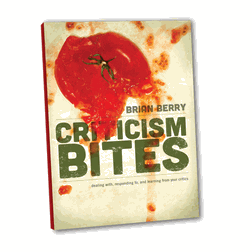Two of my friends, Adam McLane and Mark Oestreicher recently formed a little company called “the youth cartel”. Well, apart from doing some coaching that I was the beneficiary of and apart from them both volunteering in our student ministry and apart from being just good friends, now they also are making my convos with students waaay easy too.
Seriously, there is this little gem they send out every Monday called “Youtube You Can Use”. And let me just say, it’s cheating. Seriously, if you have a small group Bible Study you’re responsible for, you might not need curriculum anymore. If you’re a youth pastor, you might actually get fired by your boss when they decide they don’t need you to write Bible Studies anymore either. It’s ridiculous how simple it is- unless your e-mail freezes or they realize what a steal this is and start charging you for the brilliance of it- then you might be able to keep your job. But until then, um… you should really slyly sign up and use your non-church e-mail to get it all sneaky and stuff.
Anyway, the third week of this e-mail just came out and each week it basically has 3 elements.
A VIDEO: 1 to 2 minutes via Youtube- which is uh… free.
A COUPLE OF QUESTIONS TO KICK AROUND ABOUT THE VIDEO.- free again.
A BIBLE PASSAGE TO READ AND SOME MORE QUESTIONS TO THINK ABOUT- and again.
I decided that I’m just going to bust out my iphone and use this video and the questions with my high school son during our Wed. am breakfast chats. Bammo! Instant fun and reason to talk about something significant.
What’s that you say? You have not subscribed to this e-mail yet. Oh.. I see, you like doing stuff the hard way. For the rest of you people who believe you should work smart not hard… Well for you, you can subscribe here. Just don’t tell your senior pastor or your elder board about where you get your free brilliance 🙂






 Husband. Dad to 5. Student Ministry Pastor. Follower of Jesus. Yatta yatta.
Husband. Dad to 5. Student Ministry Pastor. Follower of Jesus. Yatta yatta.



Recent Comments